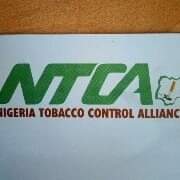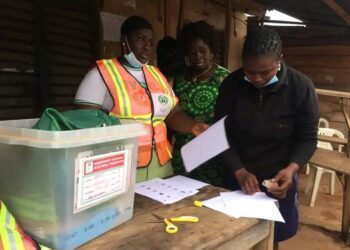The Nigeria Tobacco Control Alliance (NTCA) has urged the Ministry of Agriculture and Rural Development to roll out plans to help tobacco farmers in Kwara, Osun, Oyo and Sokoto states among others to transit to nutritious and healthy crops such as maize, cassava and livestock.
The Chairman, NTCA, Akinbode Oluwafemi made the call in Abuja, at a roundtable in commemoration of the 2023 World No Tobacco Day with the theme: ‘We need food, not Tobacco’.
Oluwafemi represented by the NTCA Programme Manager, Chibuike Nwokorie, noted that farmers who have invested many years growing Tobacco has continue to live in poverty.
He said that in Nigeria, it is unclear how much land is used for tobacco farming but that this critical data gap makes it difficult to identify and plan interventions for tobacco farmers.
He also noted that tobacco cultivation occurs primarily in Kwara, Osun, Oyo and Sokoto states and that during tobacco cultivation and cueing; wet tobacco leaves produce nicotine and other toxins that are absorbed into the human body.
“This cause green Tobacco sickness among farmers as Tobacco growers are also known to suffer from respiratory and neurological disorders due to exposure of Tobacco leaves,” he said.
On her part, the Sub-regional coordinator for West Africa, Campaign for Tobacco Free Kids, Hilda Ochefu, said Nigerians need food and not Tobacco adding that there is hunger in land.
She advised that instead of Nigeria’s farmers in these states mentioned using the land allocating to the cultivation of crops that can feed their families, the hectare of lands for tobacco farming should be allocated to feed growing.
She said, “That is our call to farmers but they can’t do it alone, they need government to transition them to alternative livelihoods and it needs government commitment.
“We are calling on our new President, Asiwaju Bola Ahmed Tinubu to come to rescue of our tobacco farmers because they are all going through difficult times.
“Our partner organizations recently visited tobacco farms in Oyo State, the farmers are worse off because Tobacco companies no longer buy from them and things are difficult for them and their families.”











